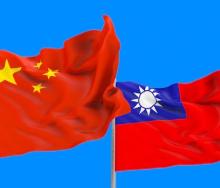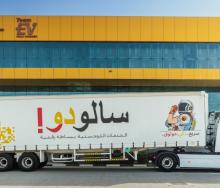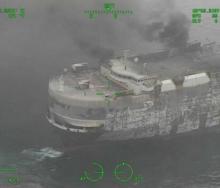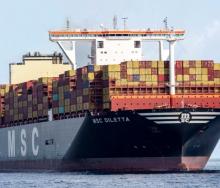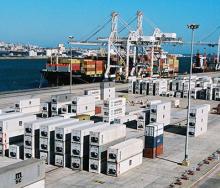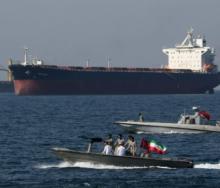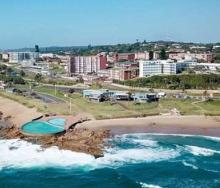Zimbabwe’s government has approached verification multinational, Bureau Veritas (BV), to assist with preventing the theft of thousands of litres of fuel destined mainly for the Copperbelt in Zambia and the Democratic Republic of the Congo.
That’s according to Tendai Malunga, a BV representative in the office of Government Services and International Trade at the certification and inspection company.
Malunga, a divisional contracts manager for Zimbabwe and Botswana, told attendees at a function in Johannesburg that one of the methods being considered to combat the theft of consignment fuel transiting through Zim from ports like Beira in Mozambique was to implement a fuel-marking system.
“We were approached by the government of Zimbabwe to help secure the safe transit of fuel,” he said, adding that a tender process in support of implementing fuel marking was currently under way.
He didn’t comment about the status of the procurement process, save to say that they were “waiting for specific outcomes”.
Malunga also said that determined attempts were being made to track in-transit fuel cargo through digital means.
“Through the use of technology we’re trying to monitor consignment fuel and transit freight from points of entry such as Beira through to certain exit ports,” he said. One of these is Chirundu, Zimbabwe’s main crossing into Zambia towards the Copperbelt.
One of these methods entails the use of electronic cargo seals, Malunga said.
Equipped with digital tracking devices, these monitored the movement of cargo through a central surveillance unit, Malunga said.
Cross-border transporters regularly complain though that the system isn’t fail-safe.
Said Malunga: “I think the initiative is quite noble and is working, to a greater extent. Of course, there are challenges, such as cases where not enough electronic devices are available at the border, which means tracking has to be implemented on a risk-assessment basis relative to manually tracking each fuel tanker transiting through Zimbabwe.”
Malunga added though that every effort was being made by the government of President Emmerson Mnangagwa to safeguard trade with and through Zimbabwe.
Robert Mabulala, a councillor at the Zimbabwean consulate in South Africa, told the same BV function focusing on the African Continental Free Trade Area that Zimbabwe had managed to make significant gains against smuggling.
“We’re trying very hard to protect trade,” he said.
Bertrand Martin, newly appointed senior vice president for BV Africa, said through the use of systems and services provided by the verifier, 500 million units of contraband had been prevented from entering Zimbabwe.
However, internal theft on a major scale continues to bedevil Zim’s trade reputation as an in-transit secure country, especially with regard to tankers being diverted to ‘depots’ in Zim where fuel is replaced by water before tankers proceed to borders like Chirundu.
In one of the few instances where prosecution successfully ran its course last September, a driver was sentenced to four years in prison for dumping 43 652 litres of petrol at an illegal facility in Mount Hampden, northwest of Harare on the A1 route towards Chirundu.



